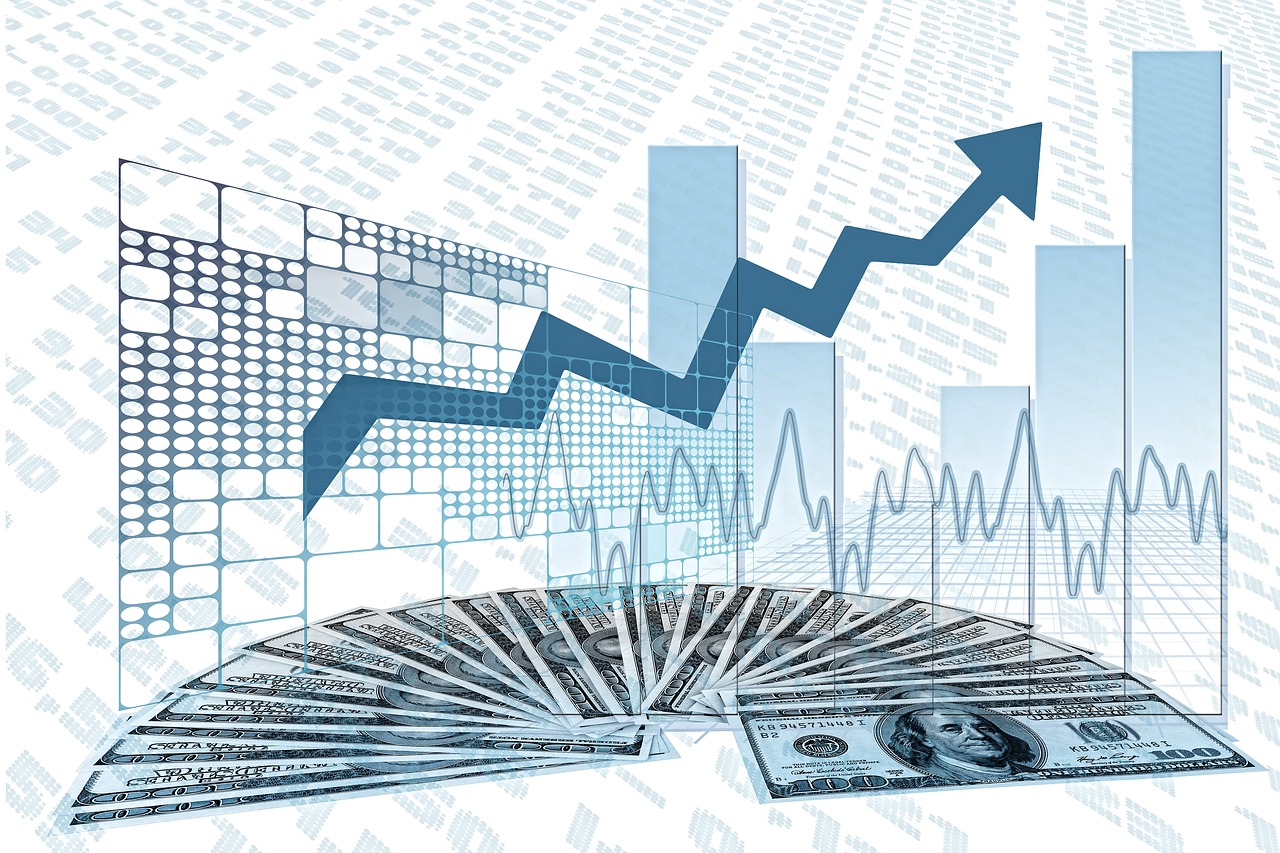How does technology affect the economy
How does technology affect the economy
Technology has a significant impact on the economy, affecting it in various ways:
Increased productivity: Technology has enabled businesses to produce more with fewer resources, which can lead to increased efficiency and productivity. This, in turn, can help businesses to lower costs and improve profitability.
New industries and business models: Technology has given rise to new industries and business models, such as e-commerce, social media, and the gig economy, which have disrupted traditional industries and created new opportunities for innovation and growth.
Globalization: Advances in technology have made it easier and cheaper to connect with people and businesses around the world, leading to increased global trade and investment.
Job displacement: While technology has created new jobs, it has also displaced many traditional jobs, particularly in industries such as manufacturing and retail. This has led to concerns about the impact of technology on employment and the need to retrain workers for new jobs.
Income inequality: Technology has also contributed to rising income inequality, as the benefits of technological progress have often been concentrated in the hands of a few wealthy individuals and companies.
Changes in consumer behavior: Technology has transformed the way consumers shop and make purchasing decisions, with many consumers now using online shopping and mobile devices to research products and make purchases.
Overall, technology has had a profound impact on the economy, driving innovation and growth but also presenting challenges in terms of job displacement and income inequality. It is important for policymakers and businesses to work together to ensure that the benefits of technology are distributed fairly and that workers are prepared for the changes that technology will bring
Increased productivity: Technology has enabled businesses to produce more with fewer resources, which can lead to increased efficiency and productivity. This, in turn, can help businesses to lower costs and improve profitability.
New industries and business models: Technology has given rise to new industries and business models, such as e-commerce, social media, and the gig economy, which have disrupted traditional industries and created new opportunities for innovation and growth.
Globalization: Advances in technology have made it easier and cheaper to connect with people and businesses around the world, leading to increased global trade and investment.
Job displacement: While technology has created new jobs, it has also displaced many traditional jobs, particularly in industries such as manufacturing and retail. This has led to concerns about the impact of technology on employment and the need to retrain workers for new jobs.
Income inequality: Technology has also contributed to rising income inequality, as the benefits of technological progress have often been concentrated in the hands of a few wealthy individuals and companies.
Changes in consumer behavior: Technology has transformed the way consumers shop and make purchasing decisions, with many consumers now using online shopping and mobile devices to research products and make purchases.
Overall, technology has had a profound impact on the economy, driving innovation and growth but also presenting challenges in terms of job displacement and income inequality. It is important for policymakers and businesses to work together to ensure that the benefits of technology are distributed fairly and that workers are prepared for the changes that technology will bring



No comments